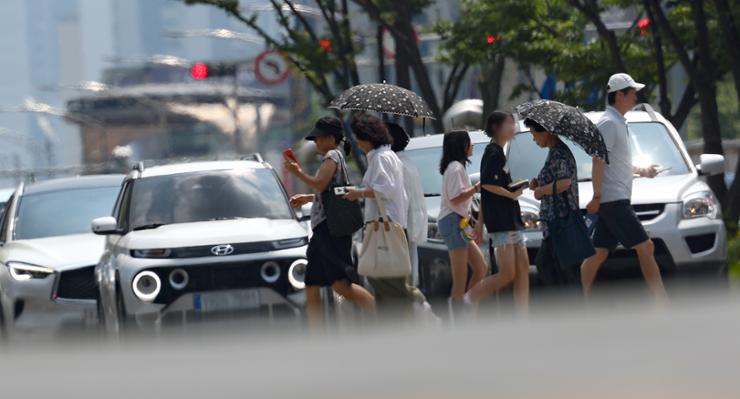Climate Change in South Korea: Extreme Weather, Rising Heat, and Urgen…
페이지 정보

본문

Hello everyone,
South Korea today is experiencing sharper signs of climate change than ever before. Rising temperatures, wild weather, and stronger natural disasters are becoming the new norm, pushing the country to act fast.
According to the Korea Meteorological Administration (KMA), the average yearly temperature in South Korea has risen about 0.2°C every 10 years over the past century roughly three times faster than the global average. This warming trend is visible in urban areas especially, where the heat island effect worsens the impact.
One direct effect is the increasing number of extreme heatwaves. Reports show that South Korea saw 12 more days of extreme heat in one recent period than would have been likely without human‐driven climate change. Tropical nights when temperatures stay above 25°C overnight are also rising.
Another consequence is the severe wildfires. In March 2025, southeastern Korea suffered the deadliest and largest wildfires in its history. About 48,000 hectares burned, more than 30,000 people were displaced, and many cultural sites and homes were destroyed. Scientists estimate that current climate change has doubled the probability of the weather conditions that allowed these fires.
Heavy rainfall and floods are also increasing. Monsoon rains are stronger and more unpredictable, leading to floods and landslides, especially in southern and western provinces. One recent event forced evacuations of thousands, caused fatalities, and damaged infrastructure.
In response, the South Korean government has set ambitious goals. It plans to make 70% of its power generation carbon-free by 2038, with more renewables (solar, wind) and nuclear power in its energy mix. Additionally, there are strategies to reduce coal use, improve air quality, and increase public awareness of risks from heatwaves and wildfires.
Still, many experts say more urgent action is needed: stronger emissions reductions, faster coal plant phase-outs, and better infrastructure to handle extreme weather. As the climate changes, South Korea’s citizens, farmers, city planners, and government face a shared challenge: adapt now, or suffer the growing costs later.
- PrevSudden Drop in Temperature Grips Korea as Winter Arrives Early 25.10.31
- NextGoodbye Summer , Hello Fall 25.09.29
댓글목록
There are no registered comments.
